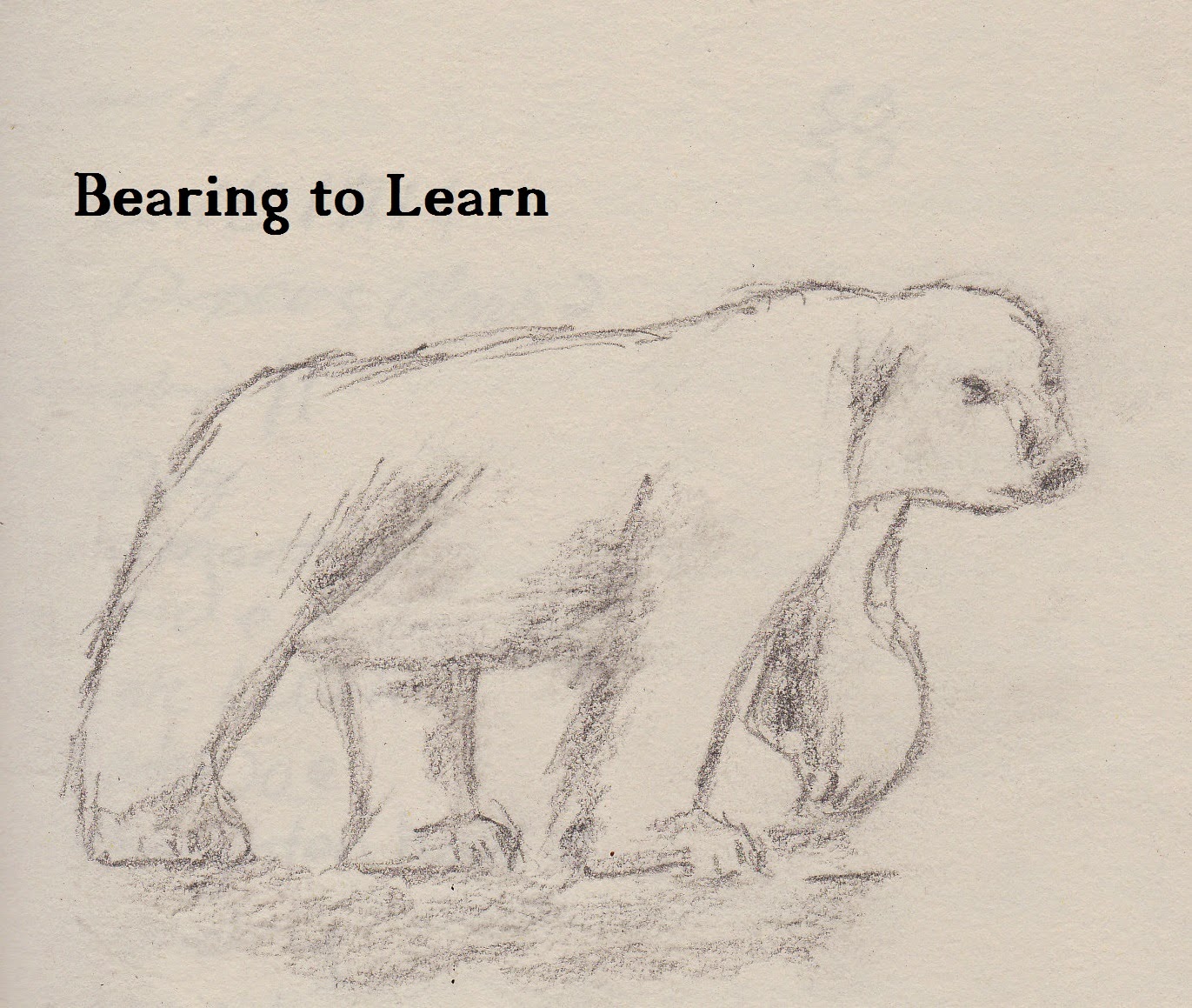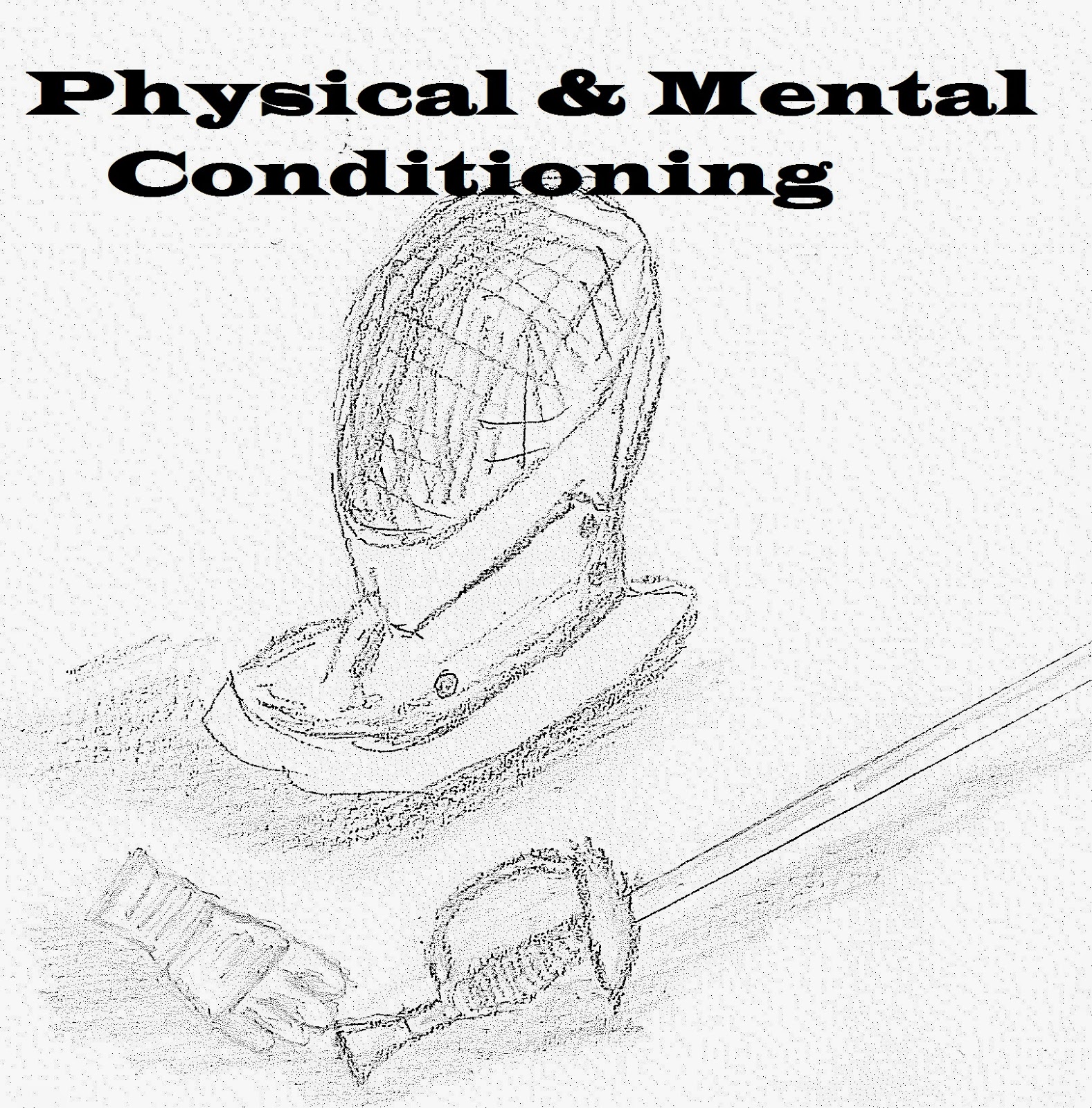Learning new skills is not easy and comes with a level of stress. It doesn't matter if discussing sports, work or college as the process of learning requires the ability to work to new levels of mastery. The difference between those who are successful and those who are unsuccessful are the ones that bear the difficulties of the learning process.
Think of when you started a new job or tried to do something you never did before. It took some time for you to learn how to complete the task. At first you were lost and then you were able to complete the function a few times with each subsequent time becoming easier. With more effort you will eventually reach a point where many of the actions became automatic.
Learning comes with stress and frustration for many because it requires significant energy to continue trying after failure. Yet failure is not really failure unless you stop trying. Each time you put effort toward something you will learn from that effort regardless of the outcome.
With enough effort and time you will eventually succeed but this success comes with a cost. That cost is in terms of choices and alternative routes. People should try and put their energies where they have natural skills that will complement their effort and create the greatest chances of success. Frustration will be less if you are learning something you have an innate skill in.
It is also beneficial to consider where your interests lay. Doing something you have no interest in simply because your family did it, your friends like it, or society expects it is a sure way to boredom and burnout. You have to chart your own course in learning these skills and the paths you take. It will benefit you in the long run.
Believe in yourself. Learning is not easy and takes time. The biggest failure that occurs is when people give up. Some people give up because of poor self-efficacy that leads to self-doubt. It may be hard but if you push yourself, continue to focus on your goals, and do the work everyday you will get where you want.
Learning isn't easy but it does provide benefits of development for us as individuals and we as society. Becoming a life long learner can help you overcome challenges, find employment, and live a better life. It is more of a way of thinking that manifests itself into a way of life. Find what interests you, set some goals, and continue to seek out new information and understanding until you get where you want.
The blog discusses current affairs and development of national economic and social health through unique idea generation. Consider the blog a type of thought experiment where ideas are generated to be pondered but should never be considered definitive as a final conclusion. It is just a pathway to understanding and one may equally reject as accept ideas as theoretical dribble. New perspectives, new opportunities, for a new generation. “The price of freedom is eternal vigilance.”—Thomas Jefferson
Showing posts with label practice. Show all posts
Showing posts with label practice. Show all posts
Wednesday, March 11, 2015
Monday, April 14, 2014
Fencing as a Sport of Physical and Mental Conditioning
Fencing is a sport that is one part
physical and one part mental. Conditioning both helps to ensure that you are at
the top of your game. The process of conditioning is through practice and
experience. Conditioning is not found through only fencing practice but also in
complementary activities. It has been argued that fencing during practice is
95% physical and 5% mental while in tournament it is the exact opposite (1).
It is first beneficial to understand
what physical and mental conditioning means. Physical conditioning requires the preparation
of the body for rigorous aerobic exercise and ensuring the muscles are both
tone and have endurance. Mental conditioning includes learning a variety of
movements, ensuring quick reaction, and perceptive within the game.
Physical conditioning requires the
ability to engage in aerobic, stamina, and physical strength (2). Fencing requires heavy clothing and lots of
speed and can get most athletes winded quickly. The body must be prepared to
take on these jumps, movements, and leaps or you will simply lose from being out
maneuvered. Engaging in sprinting, swimming, tennis, weight training, and other
activities conditions the body as well as ensures coordination of movements (3).
The concept of physical conditioning in
fencing is not new. Dating back as far as 1400 instructors like Vittorino
da Feltre stated that fencing “required
as a correlative to a fine intellectual humanism a standard of physical
excellence and personal bearing to match (4)." His
argument was that fencers needed to wear the right clothing, handle the
elements of nature, and need to be conditioned for the sport.
In addition to the body the brain
must also be conditioned. A person must memorize, internalize and use the
various movements that act and interact against an opponent. This requires
having a thorough understanding of the sport and judging the body mechanics of
the opponent to maintain a leading edge. Without the mental conditioning overreaction,
slow reaction, and sequence failure is likely to occur.
Fencers should understand how their
personality impacts their performance. Fencer personalities can be categorized
as active, passive, risk oriented, risk averse, cautious, offensive and defensive
(5). A person’s personality will determine their
overall style, what movements they should focus on, and their weaknesses within
the sport.
Subscribe to:
Posts (Atom)

